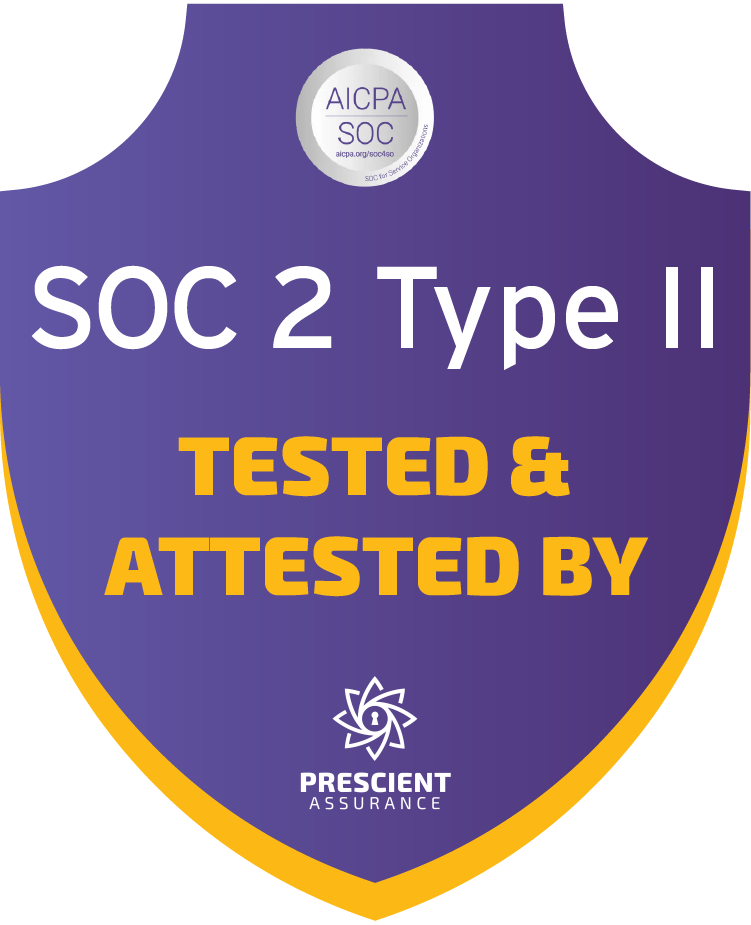Agentic AI
Agentic AI refers to artificial intelligence systems designed to autonomously pursue goals over time, often through a sequence of decisions or actions, without constant human prompting.
Key characteristics of agentic AI:
- Goal-directed: The system is given (or can infer) an objective and acts toward achieving it.
- Autonomous decision-making: It determines its next actions based on the current context, often across multiple steps.
- Memory and state: It maintains awareness of past actions and current environment state.
- Planning and reasoning: It can break down tasks into subtasks, replan if conditions change, and adjust strategies dynamically.
Examples in context:
- A coding assistant that not only completes a function but creates, tests, and debugs an entire module based on a high-level goal.
- An AI agent that autonomously browses websites, gathers information, and books travel—rather than responding to discrete queries.
Agentic AI is compute-intensive, often requiring long-running, low-latency inference and persistent memory—making it a strong use case for robust model hosting, edge deployment, and API orchestration.
Frequently Asked Questions about Agentic AI
1. What does “Agentic AI” mean in practical terms?
Agentic AI refers to systems that autonomously pursue a goal over time making a sequence of decisions or taking actions without constant human prompts.
2. How is Agentic AI different from a regular chatbot or assistant?
Instead of answering one-off queries, an agentic system is goal-directed and makes its own next moves based on context. It maintains memory and state, plans multi-step work, and can replan if conditions change.
3. What capabilities define an Agentic AI system?
Four key traits: goal-directed behavior, autonomous decision-making, memory/state awareness, and planning and reasoning (breaking tasks into subtasks and adjusting strategies dynamically).
4. Can you give simple examples of Agentic AI in action?
- A coding assistant that not only completes a function but creates, tests, and debugs an entire module from a high-level goal.
- An AI agent that browses sites, gathers information, and books travel end-to-end—not just responds to separate questions.
5. Why does Agentic AI often require more compute?
It’s compute-intensive: agents run longer, need low-latency inference, and rely on persistent memory to track progress across steps.
6. What kinds of infrastructure suit Agentic AI?
It’s a strong fit for robust model hosting, edge deployment, and API orchestration, which support long-running, stateful, multi-step workflows.


Empowering humanity's AI ambitions with instant GPU cloud access.
U.S. Headquarters
GMI Cloud
278 Castro St, Mountain View, CA 94041
Taiwan Office
GMI Computing International Ltd., Taiwan Branch
6F, No. 618, Ruiguang Rd., Neihu District, Taipei City 114726, Taiwan
Singapore Office
GMI Computing International Pte. Ltd.
1 Raffles Place, #21-01, One Raffles Place, Singapore 048616
Sign up for our newsletter
Subscribe to our newsletter



© 2025 All Rights Reserved.

